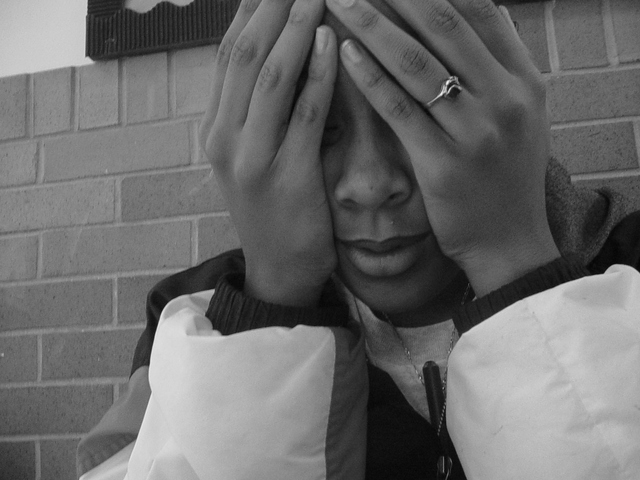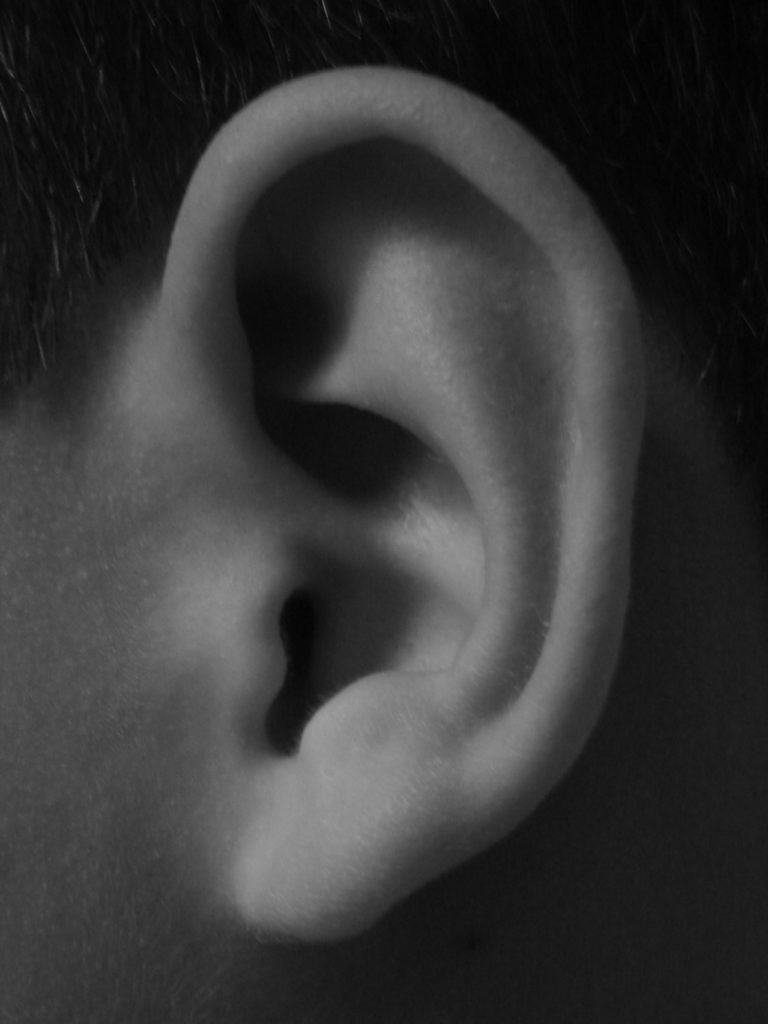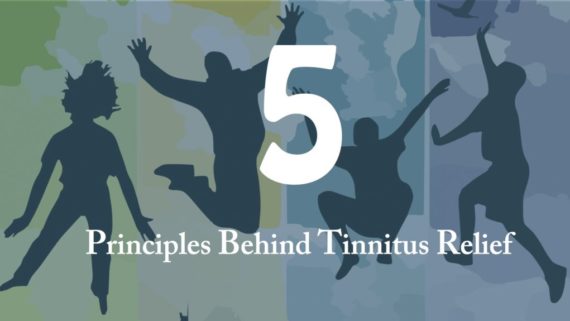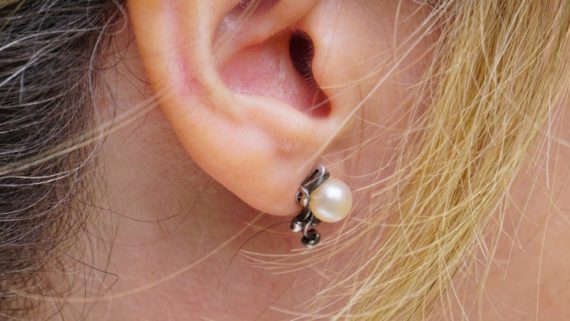Are you concerned about a ringing, buzzing, whooshing, roaring or pulsing in your ears? Maybe you’re wondering, “Do I have tinnitus?”
It’s a possibility seeing as 1 in 5 Americans will experience afflicted by tinnitus. And 1% of that population will experience debilitating tinnitus.
What is this noise in my head? Do I have Tinnitus?
So let’s start by defining what tinnitus actually is.
When you ask do I have tinnitus, we need first of all to examine the actual sound you’re hearing. Tinnitus is defined as the perception of sound when there is no external source present. Most people think of tinnitus as ringing in the ears, but this is not always the case. The noise can also be a hiss, a buzz, a roar, a click or any other sound. The noise may be continuous or it may occur intermittently. It may be pulsatile (throbbing) or constant and its pitch may be high or low.
When asking, do I have tinnitus? We need to look at duration. Short-term tinnitus can last just a few seconds to several hours; we’ve all experienced short-term tinnitus at some point in our lives. A rock concert, a cold or an infection would be a classic example of short-term tinnitus.
Chronic, long term tinnitus however is quite a different thing all together. Long Term, chronic tinnitus is defined as occurring for 3 months or longer; this represents 5 to 10 percent of the current U.S. population with 1 percent having severe, debilitating tinnitus.
What is Tinnitus?
Tinnitus is a Symptom not a disease
When exploring the question, do I have tinnitus; we must try to understand the reason behind tinnitus, (browse my numerous posts on the real causes of tinnitus) which may vary from person to person. Tinnitus can range from anatomical abnormalities, disease, changes in biochemistry, injury, changes in perception, medication or hearing loss and simple wear and tear.
According to the research, a common reason for tinnitus is inner ear cell damage.
Inside the inner ear tiny, delicate hairs move in relation to the pressure of sound waves. These changes in pressure triggers ear cells to release an electrical signal through a nerve from your ear to your brain, this is called the auditory nerve. Your brain then perceives these signals as sound. If for whatever reason the hairs inside your inner ear are bent, broken or damaged they can send off random electrical signals to your brain, triggering tinnitus.
As an interesting side note, it is said that almost everyone experiences some level of tinnitus if placed in the right environment. An experiment conducted in the 1950’s found that 93% of participants reported ringing in the ears (or other noises) even though they were in complete silence.
Do I have tinnitus is not a silly question when you look at the statistics. Tinnitus is so prevalent that in the past year nearly 25 million adults experienced tinnitus for 3 months. As we age tinnitus becomes more prevalent, 12 percent of men and 14 percent of women over the age of 63 are affected by tinnitus and it is known that over 200 medications are known to cause tinnitus as one of the side effects. Approximately 16 million people seek medical attention for tinnitus annually, affecting nearly 50 million people every year.
Who’s at risk? If you’re not cautious about your hearing, your stress levels and your general health then we all are at risk of developing tinnitus. However tinnitus is more commonly found in seniors, blue-collar workers, high stress individuals and people with certain heart problems. As mentioned above, tinnitus is not a stand-alone disease but a symptom of something else. For the elderly tinnitus is usually the first sign in hearing loss.
Take precaution, don’t be asking: “Do I have Tinnitus?”
Like everything else in the body, as we age we are more susceptible to wear and tear and our hearing isn’t exempt from this. Hearing loss can be one of the more common reasons for tinnitus.
Other common and not so common reasons for the onset of long-term tinnitus are as follows.
Sudden exposure to loud noise such as that from a firearm or a constant exposure to a loud noise, such as that from loud mechanical equipment, can cause irreversible damage. Portable music devices can also cause noise-related hearing loss. Ringing in the ears caused by exposure to loud music concerts usually goes away within a day or so, however long-term exposure to loud music or sounds can cause permanent damage, so air on the side of caution and protect your hearing at all times!
Blockages can also cause problems that lead to tinnitus;
this is most commonly seen in the form of earwax. Earwax protects your ear canal by trapping dirt and slowing the growth of bacteria. Sometimes too much earwax can accumulate and it can become impacted. This in turn can cause hearing loss or irritation, which can be one of the causes of tinnitus.
Anatomical changes
in the middle ear from stiffening of the bones or inflammation due to injury, allergy, lifestyle or medication can affect your hearing and cause tinnitus.
There are well over 200 different medications that are currently known to cause tinnitus. A few examples are:
• Aspirin, ibuprofen and naproxen
• some blood pressure and heart medicines
• some antidepressants
• some cancer medicines
Numerous conditions can cause Tinnitus
If you’re wondering, “Do I have tinnitus?” Talk to your doctor about why you think this might be, what your symptoms are and why you think its come about.
Acute periods of stress, whether it be psychological, environmental or due to poor lifestyle choices have been known to trigger tinnitus.
Most of the time it’s a combination of all of the above,
Which often leads to adrenal burn out. (Please read article on tinnitus and hypersensitivity)
There are rarer conditions, which tinnitus can accompany such as Meniere’s disease, head, face, neck injuries, TMJ
acoustic neuroma
or blood vessel disorders these are less common causes of tinnitus and need to be addressed by a medical professional.
Regardless of whether I have tinnitus or not, you need to find out the cause of your ear ringing as the fact remains, it’s there and it’s emotionally traumatic, stressful and depressing.
Finding out one has tinnitus, might seem depressing and you might feel like there is no hope in sight as you’ve no doubt been told there is simply nothing you can do about it other than put up with it.
Please do not fall into this trap of despair, there is a solution but it’s not in the form of a “quick fix miracle drug, herb, vitamin or expensive supplement (please approach anything that sounds too good to be true with caution) And it isn’t in the form of a surgery, an external device, a therapy, a fast, a detox or a cleanse. The answer might be staring you right in the face, yes, that answer is you! (insert pervious blog post)
Once you’ve visited your GP and ruled out any possible underlying and serious conditions, regardless of how you developed your tinnitus, the solution to troubling tinnitus is all the same.
Please do not continue to suffer unnecessarily, find out the true causes of your tinnitus “suffering” and learn to listen beyond tinnitus today.













Comments
Comments are closed.